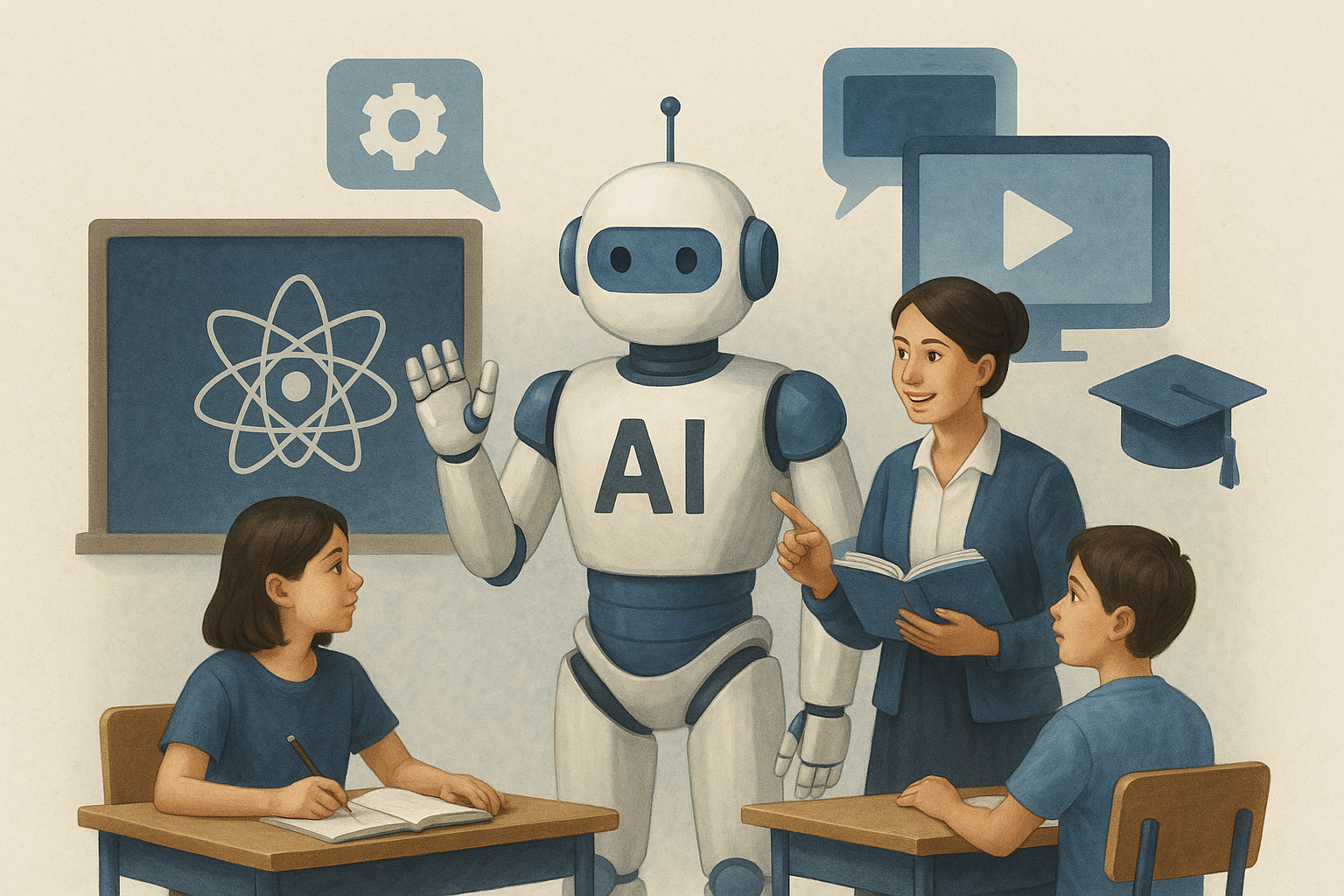The challenge of equal access to AI learning
Artificial intelligence (AI) is becoming a crucial topic in schools, but access to this education remains uneven. While some districts have integrated computer science and AI programs, others, particularly in rural or low-income areas, struggle to provide students and teachers with the necessary resources.
To address this gap, AI4All, a summer program hosted at Princeton University, brings together about 30 high school students from underrepresented backgrounds for three weeks of immersive learning. Participants explore the mathematics behind AI, coding, and its real-world applications in fields such as robotics, healthcare, and environmental science.
Student and teacher perspectives
For students like Esraa Elsharkawy, from Texas, and Anthony Papathanasopoulos, from Oregon, the camp has been transformative. Elsharkawy moved from skepticism about AI to seeing it as a tool capable of addressing global challenges. Papathanasopoulos envisions AI as a means to help monitor forests and prevent wildfires, a problem he personally experienced when his community was affected by large fires.
Yet, disparities exist not only between districts but also within classrooms. Some students already use AI to refine essays and research, while others lack basic knowledge of the technology. Teachers have expressed concern that this divide could widen educational inequalities if not addressed.
The need to democratize AI education
Research indicates that suburban and wealthier school districts are nearly twice as likely to provide AI training for teachers compared to rural or high-poverty districts. This imbalance raises concerns about equal opportunities for students across different communities.
Princeton professor Olga Russakovsky, co-founder of AI4All, emphasizes the importance of diversifying AI education. She argues that without broader participation, the world risks missing valuable perspectives and innovations that could shape the future of technology.
By expanding initiatives like AI4All, experts believe it is possible to reduce the AI divide and ensure that the benefits of artificial intelligence reach students regardless of their background.







